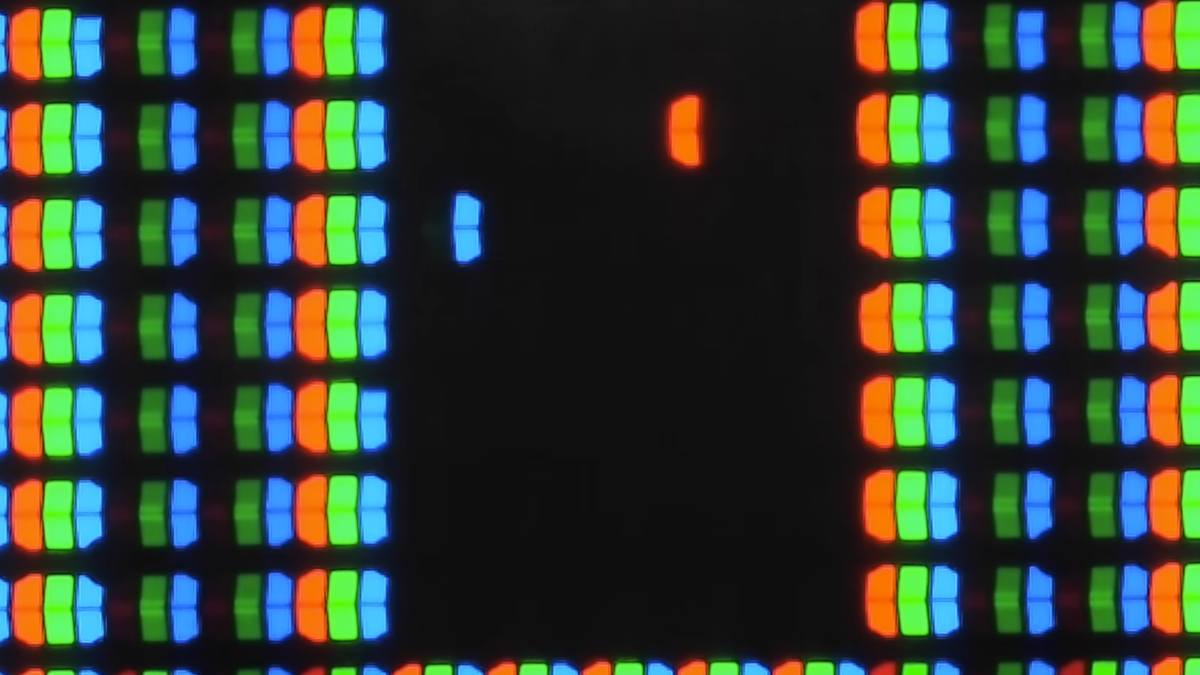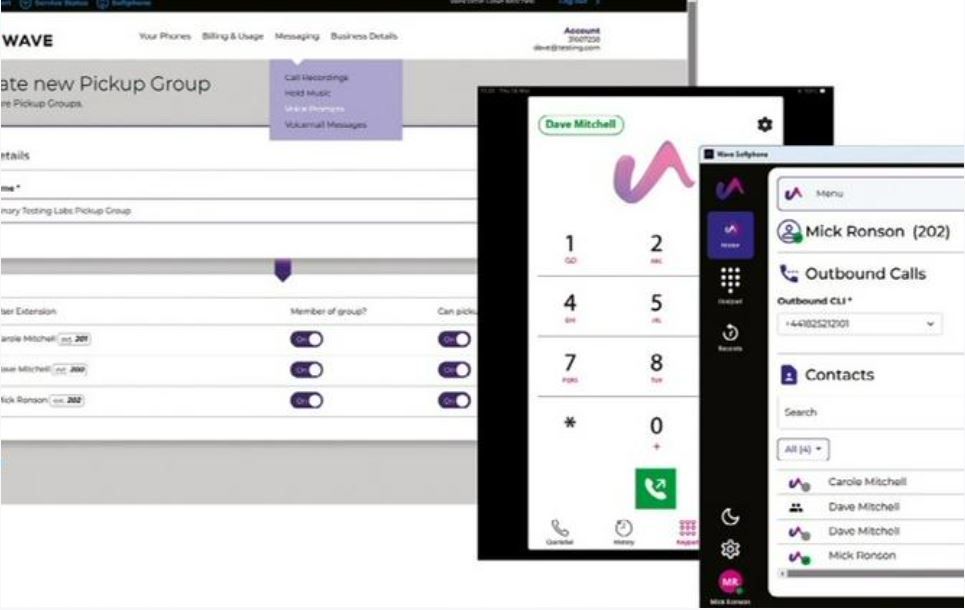Earlier this week on YouTube, Patrick Gillespie showcased a small JavaScript project in which he made a new Snake game based on an older Snake game he'd once made. Except now, with "small" as the emphasis, Gillespie boiled the game down to such an extent that one may literally need a microscope in order to play it as intended. Alternatively, the game can also be played with a web browser at maximum zoom... and then use of the Windows Magnifier function turned up to the maximum.
Even at max zoom, your movable space within those subpixels will still be pretty limited, and visibility not quite as clear as a proper microscope, but it still works — and more importantly, doesn't have the Ouroboros self-devouring Snake glitch that the last "Smallest Snake game (file size)" we covered did. However, considering how confined the canvas for this version of the game is, such a glitch would make this one literally unplayable as opposed to a fun, retro difficulty-coded kind of challenging.
Subpixel Snake: The Web's Smallest Game - YouTube

For those unfamiliar with subpixels, they're explained pretty well in the video. If you don't already know, I can explain it even more quickly: your screen is made of tiny squares called pixels. Inside each of those pixels is an array of lights, usually Red, Green, and Blue, and by controlling the brightness of these subpixels, the display can recreate most colors within the spectrum of human vision. How good the display is at doing this will vary massively depending on your choice of monitor, but these days OLEDs are considered a treat if you're willing to spend more than you necessarily need for a great gaming monitor in favor of yet deeper image fidelity.
In any case, this Subpixel Snake makes a fine addition to the long legacy of the Snake game originally released in 1998 alongside the Nokia 6110 — if only as the ultimate proof that there really is almost no limit to what you can play this game on. At this rate, we could probably do subpixel Tetris, too.
If you'd like to play Subpixel Snake for yourself or make some kind of derivative, Patrick Gillespie has you covered. The JavaScript game, playable in a browser, is already hosted on his personal site for your enjoyment. It's also been uploaded to GitHub, should you seek to mess around with or learn from its code in some way.

 19 hours ago
6
19 hours ago
6









 English (US) ·
English (US) ·